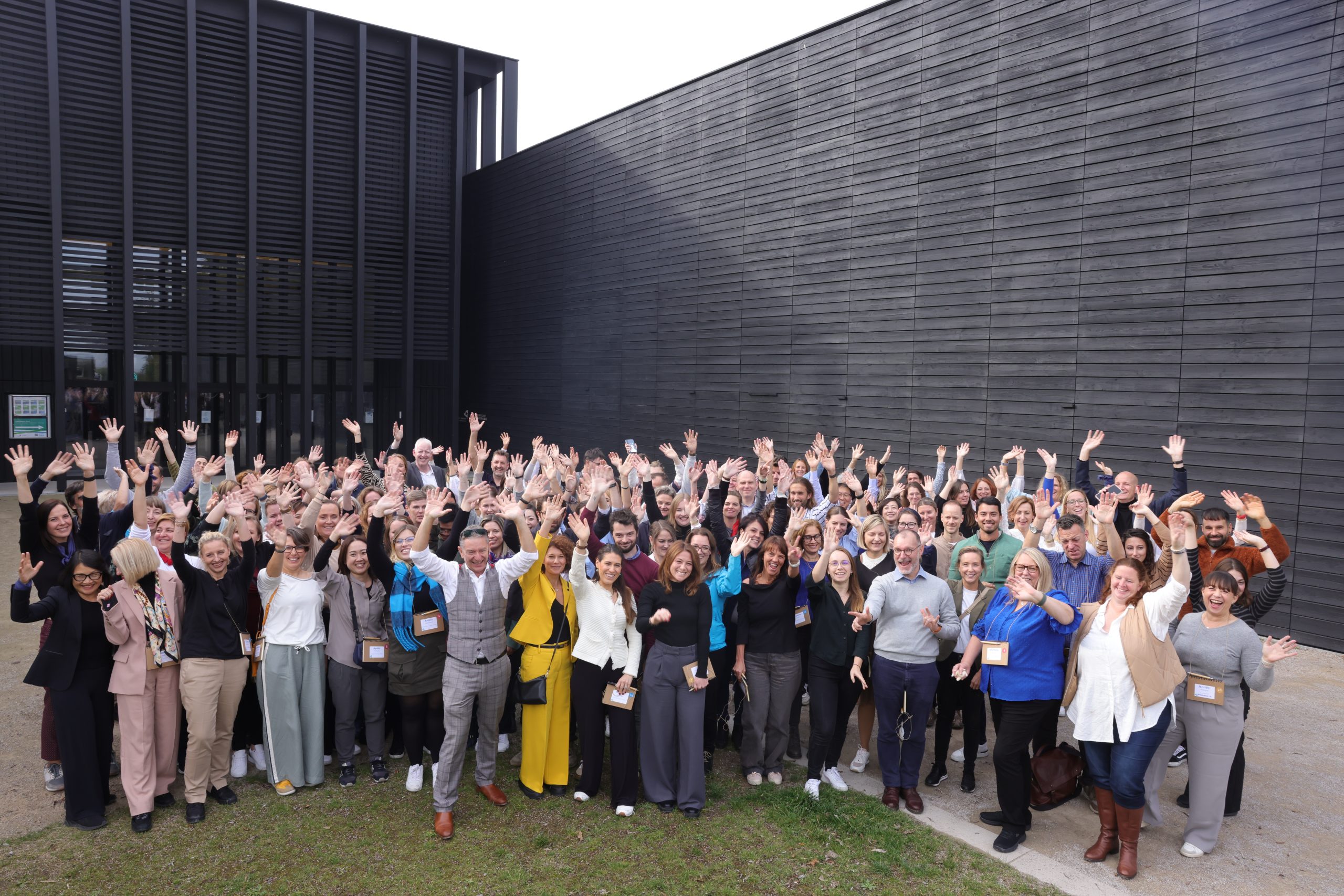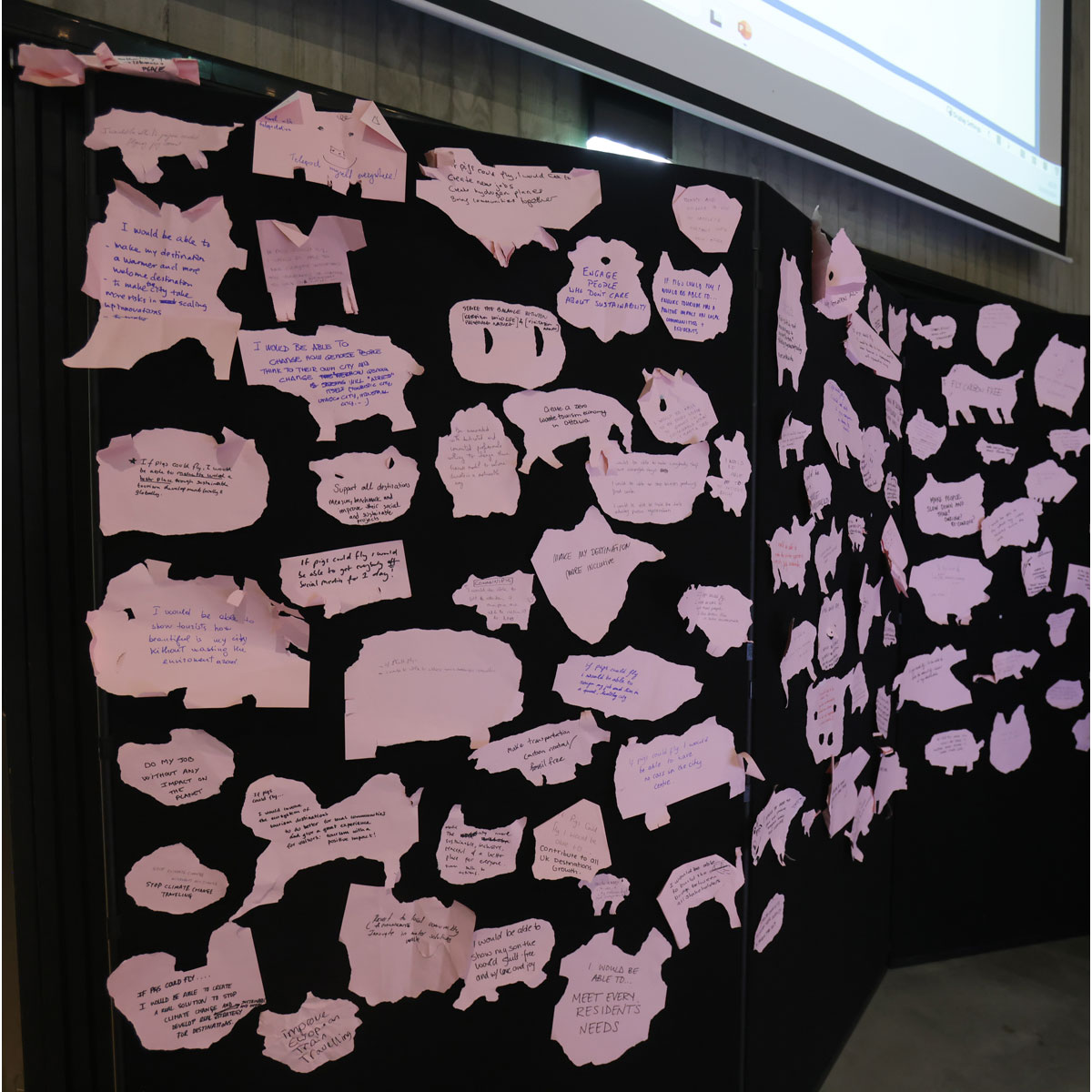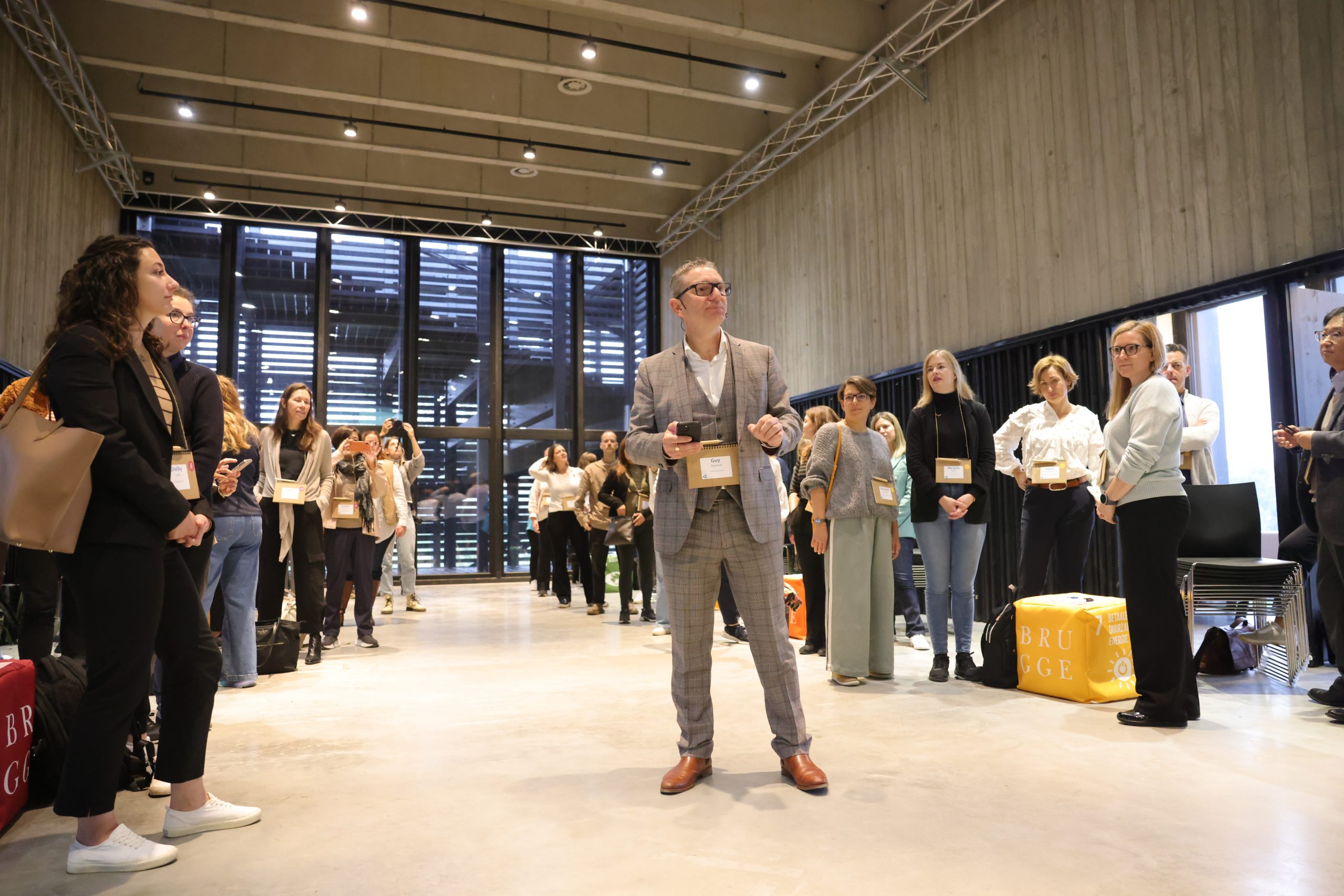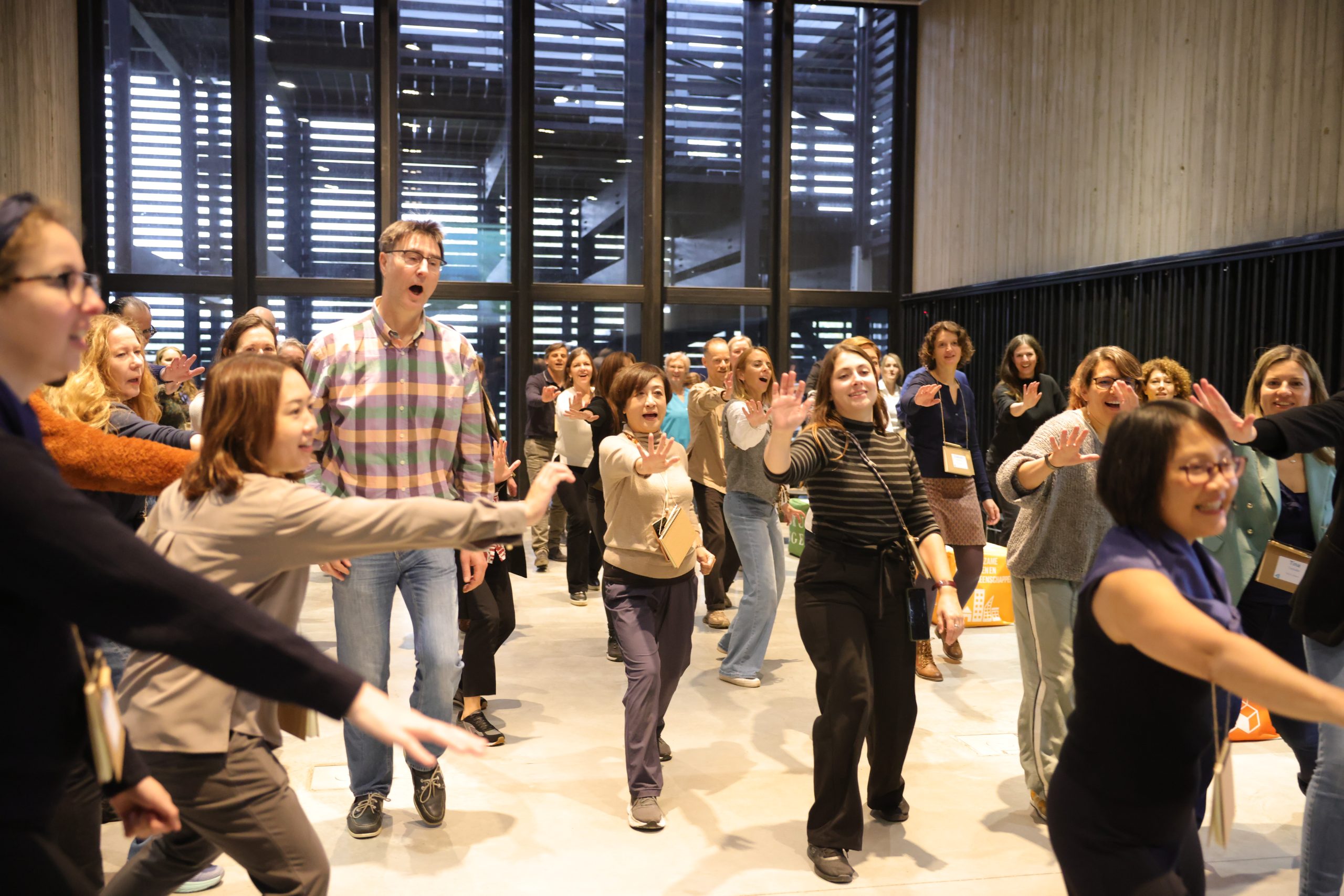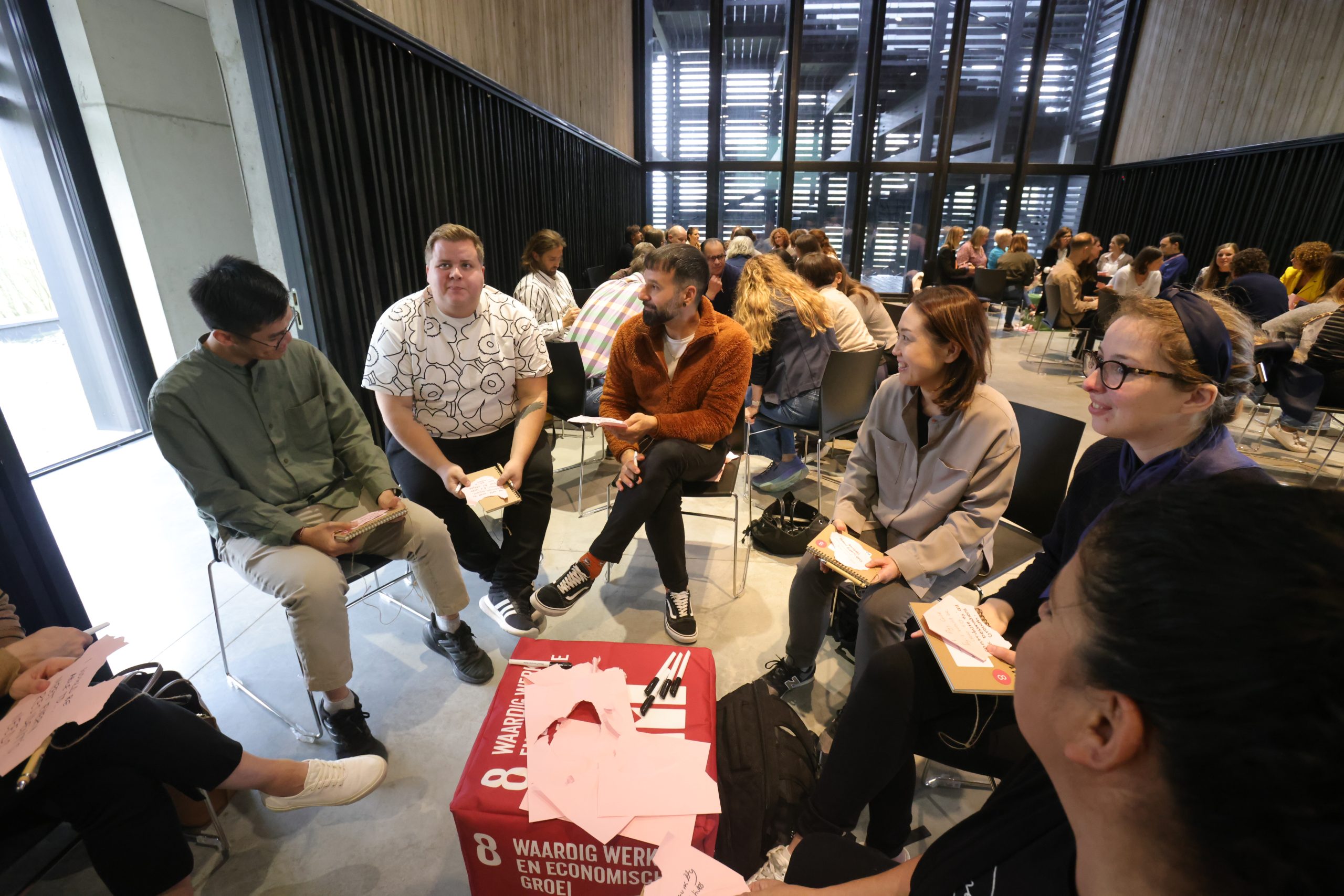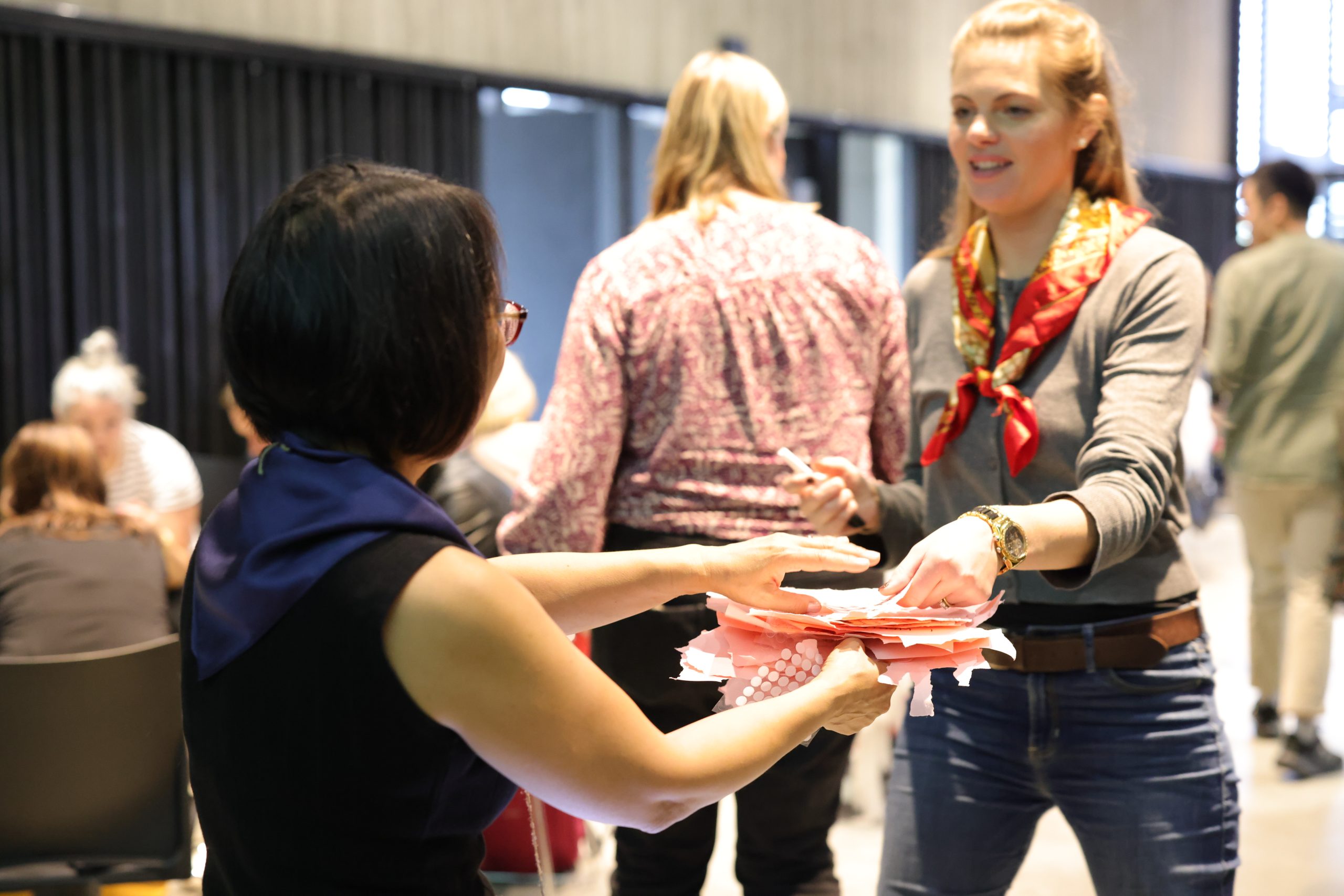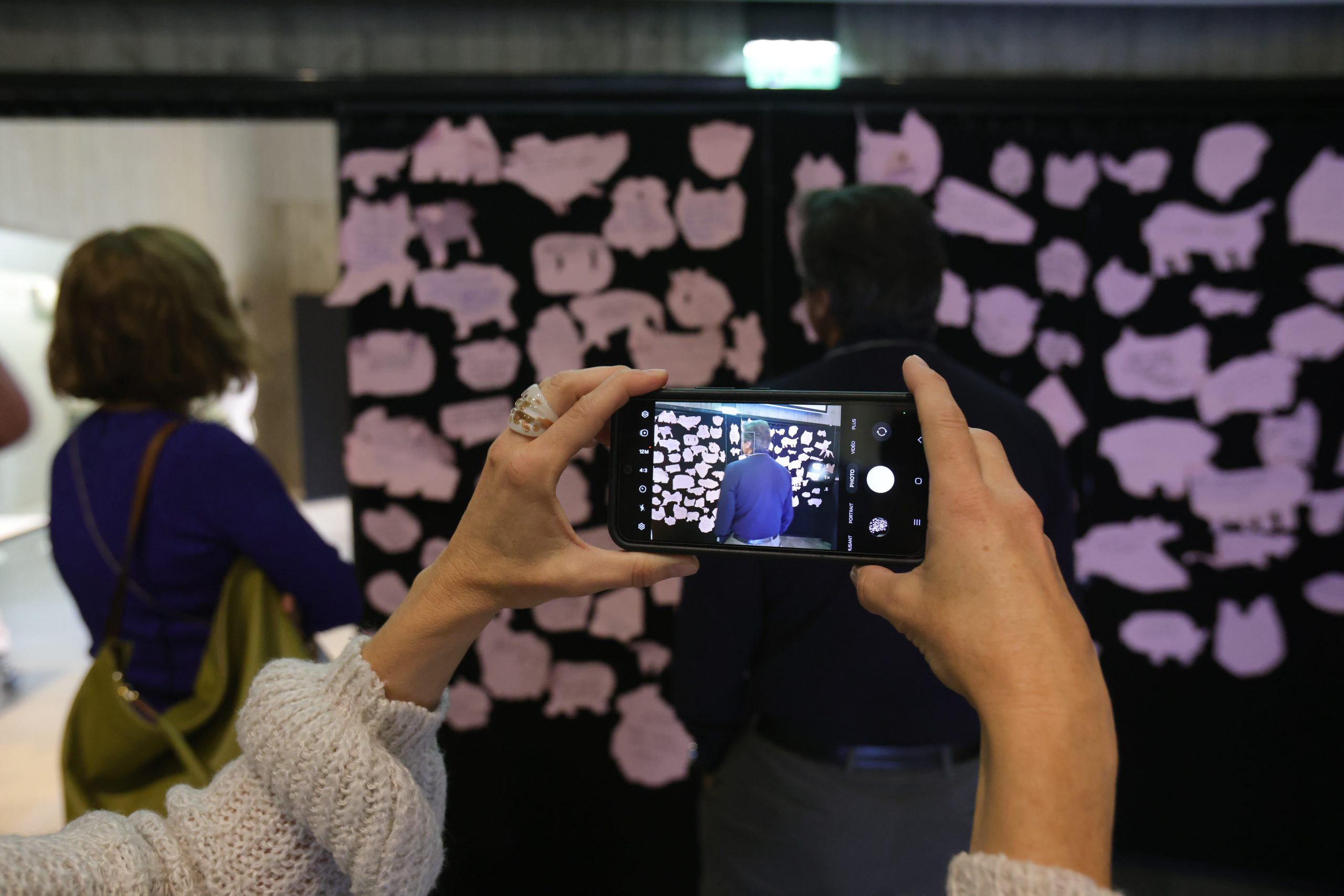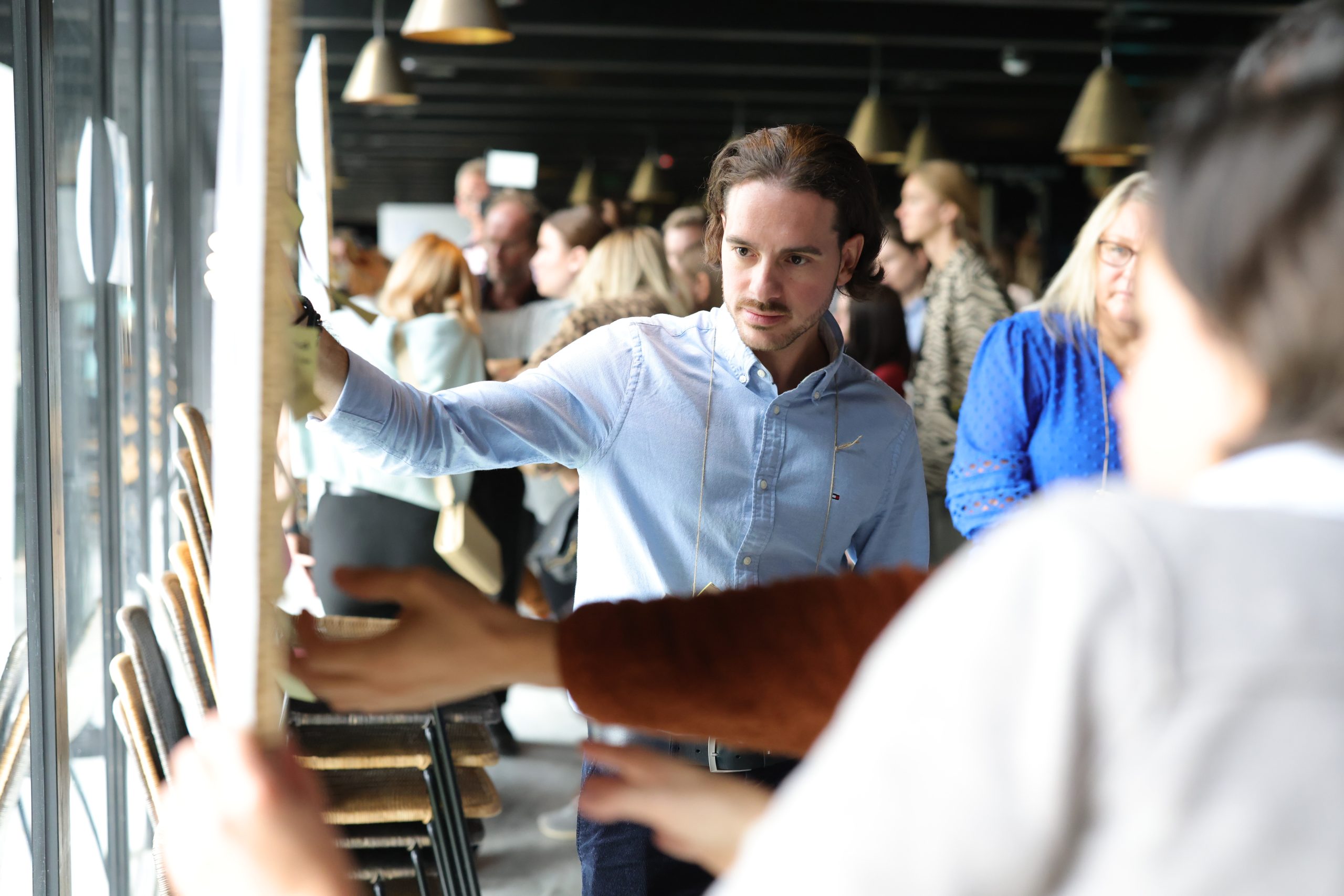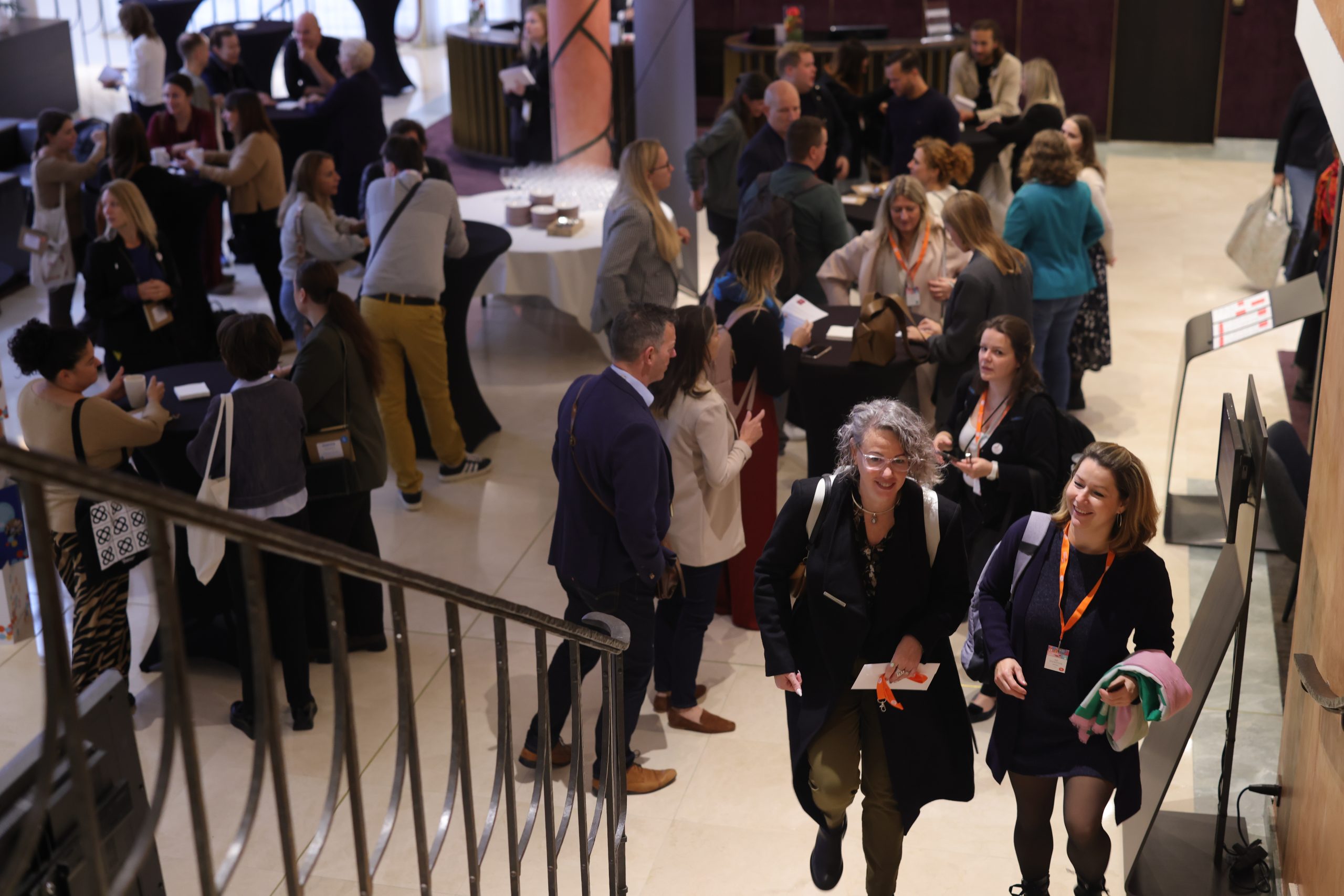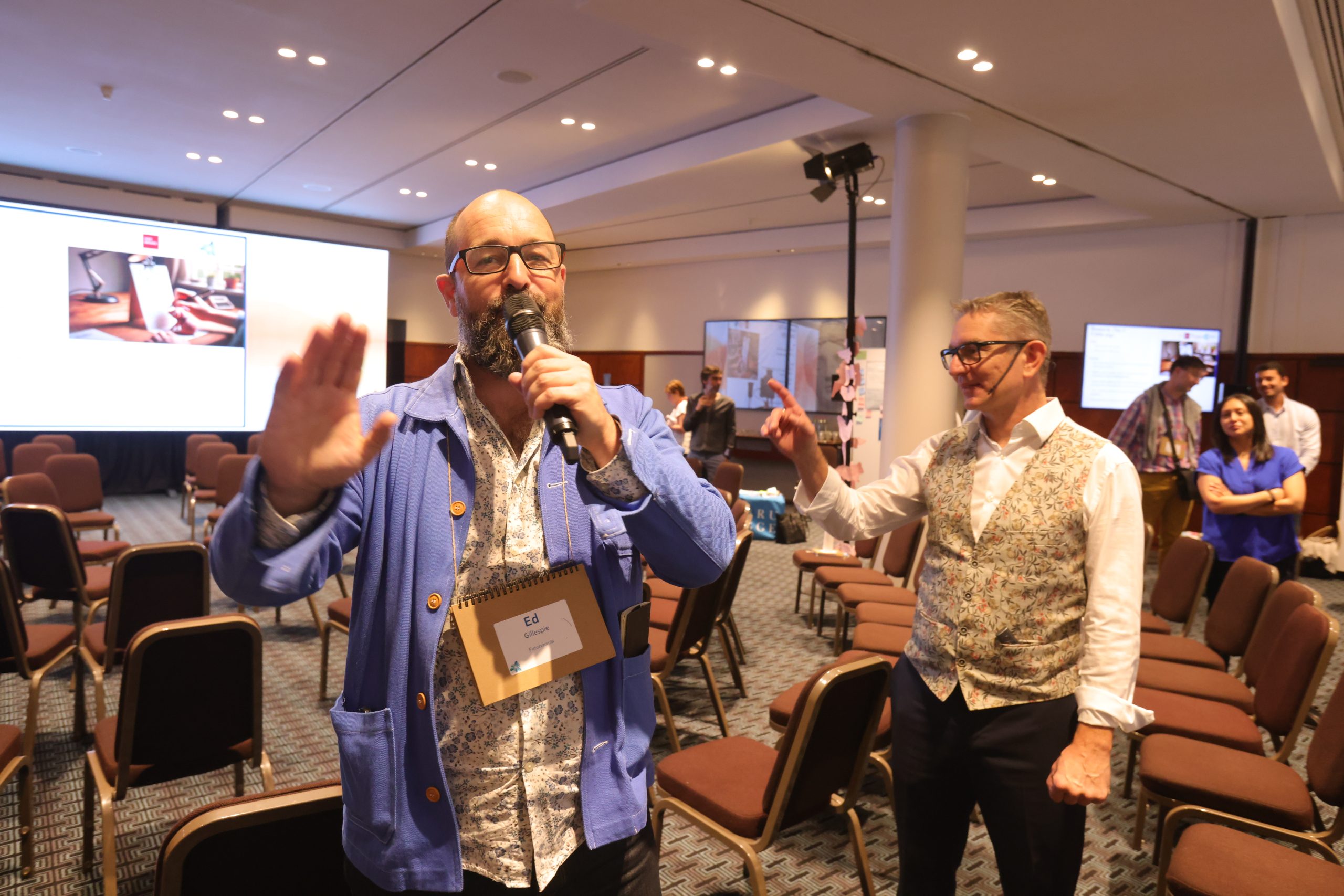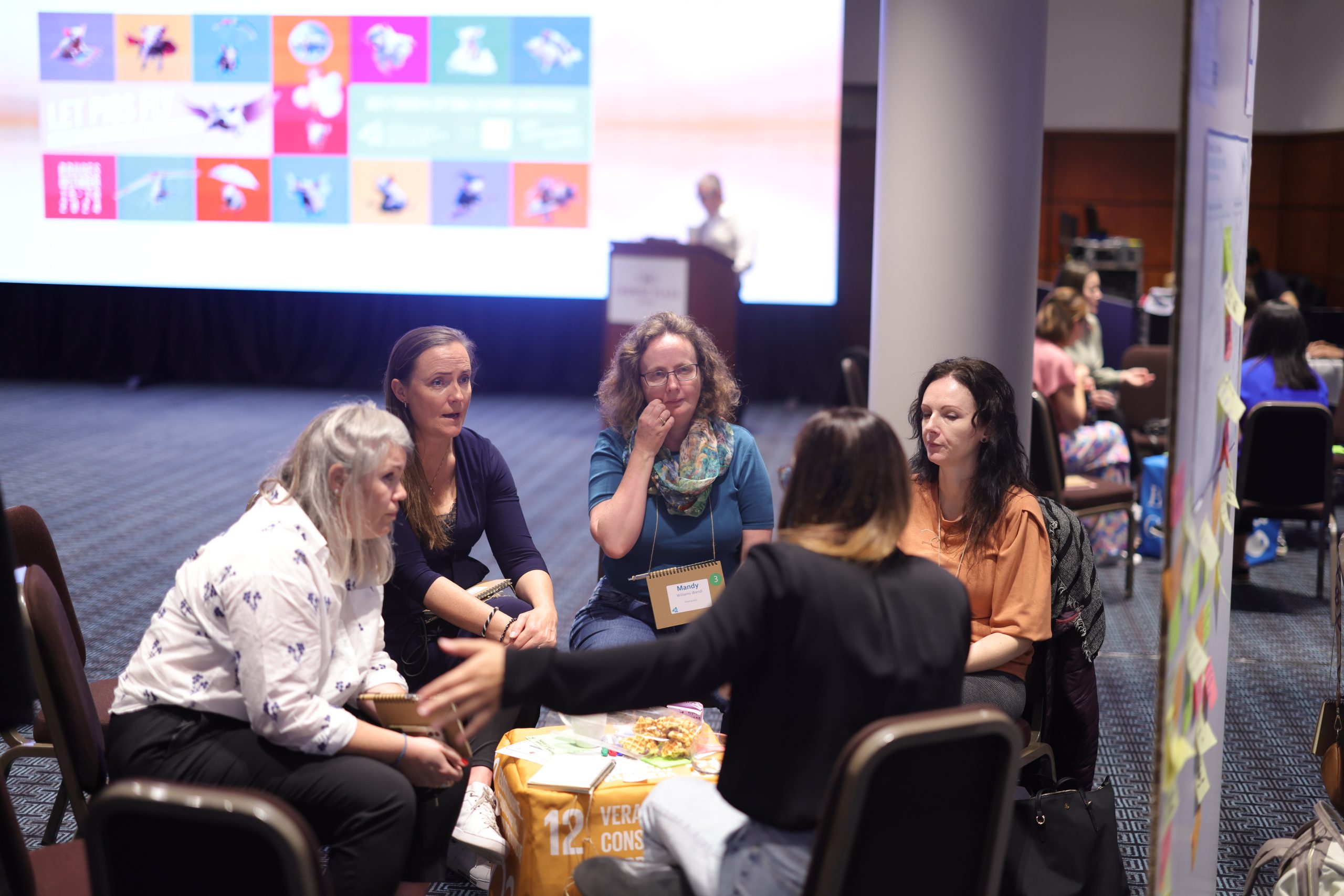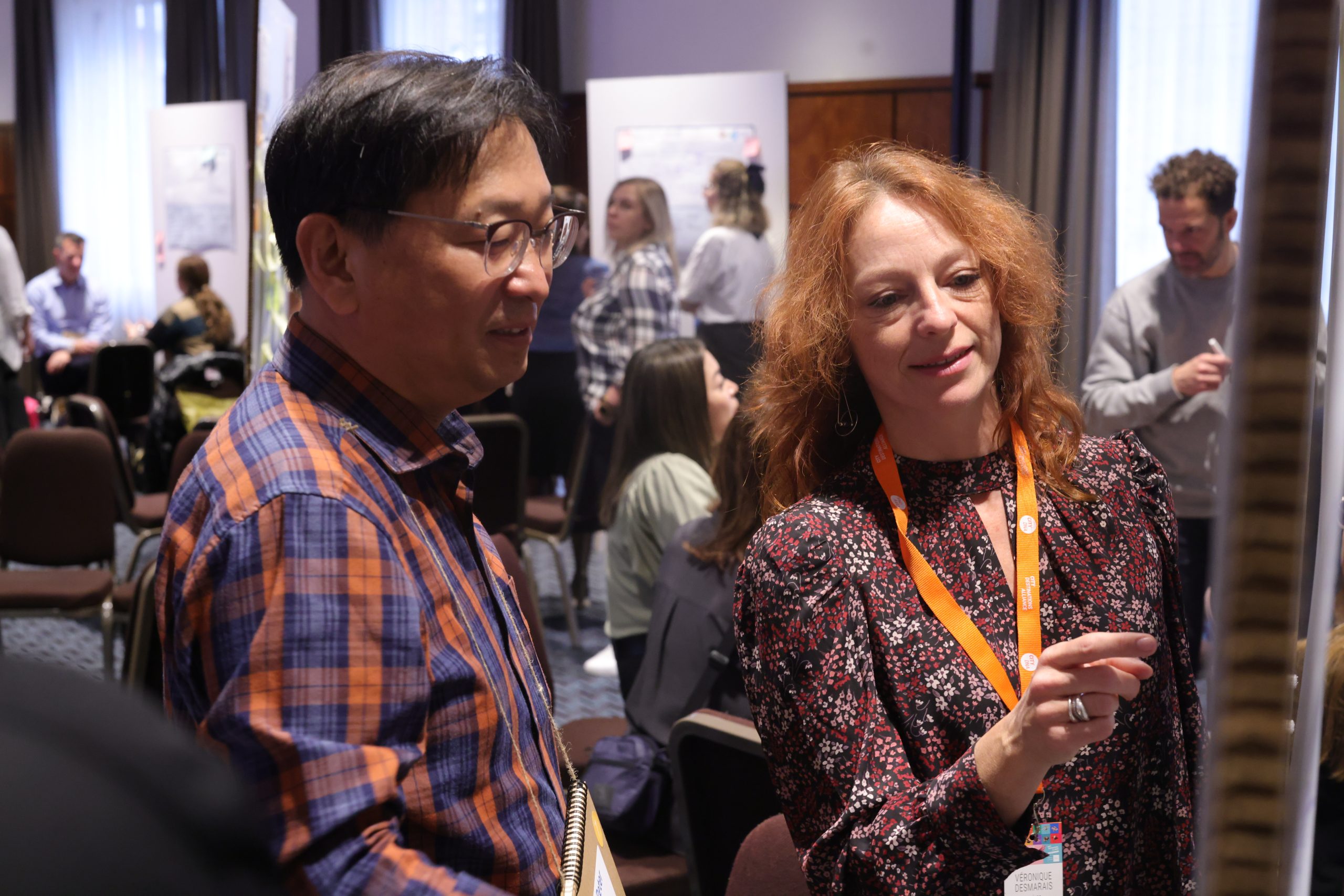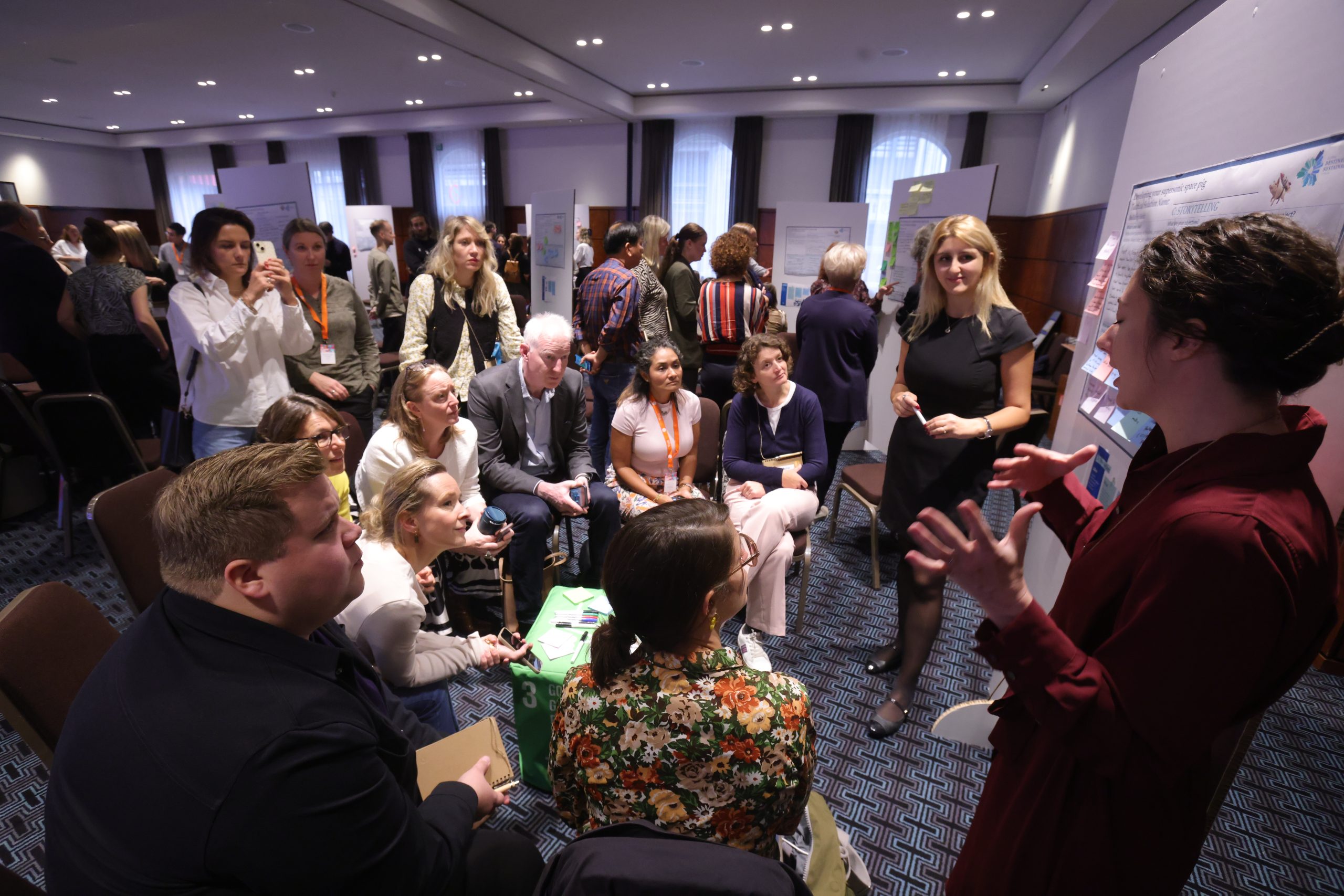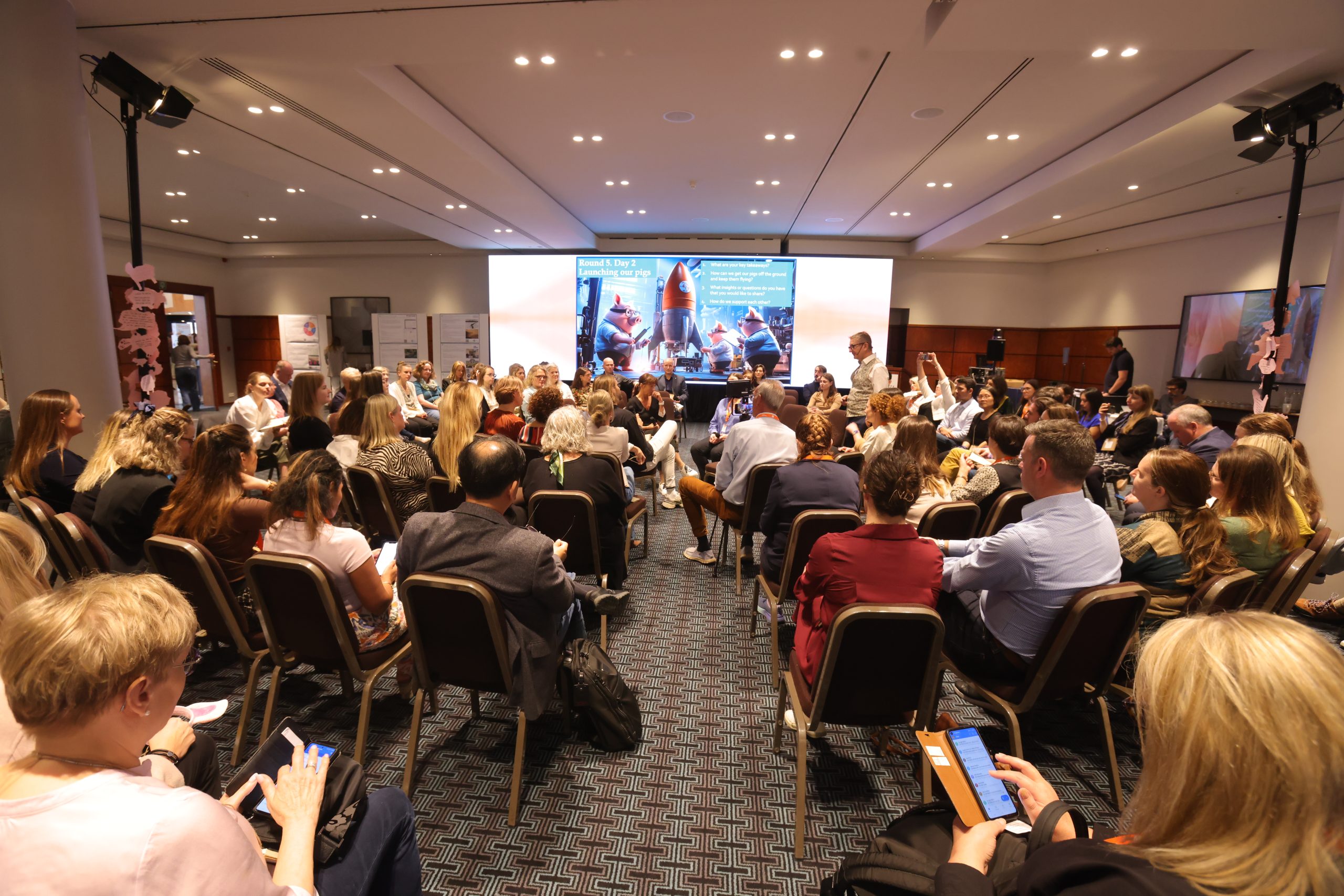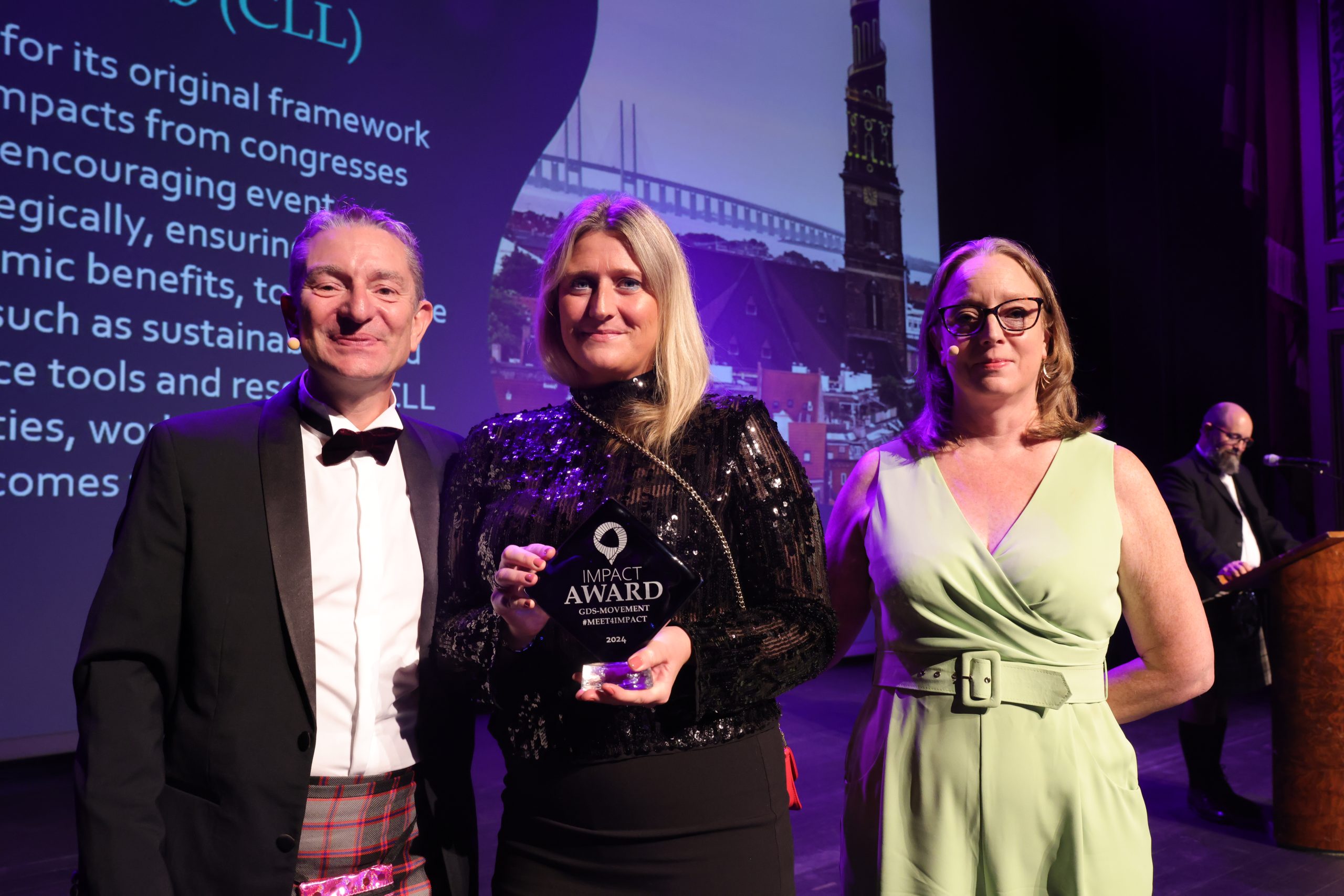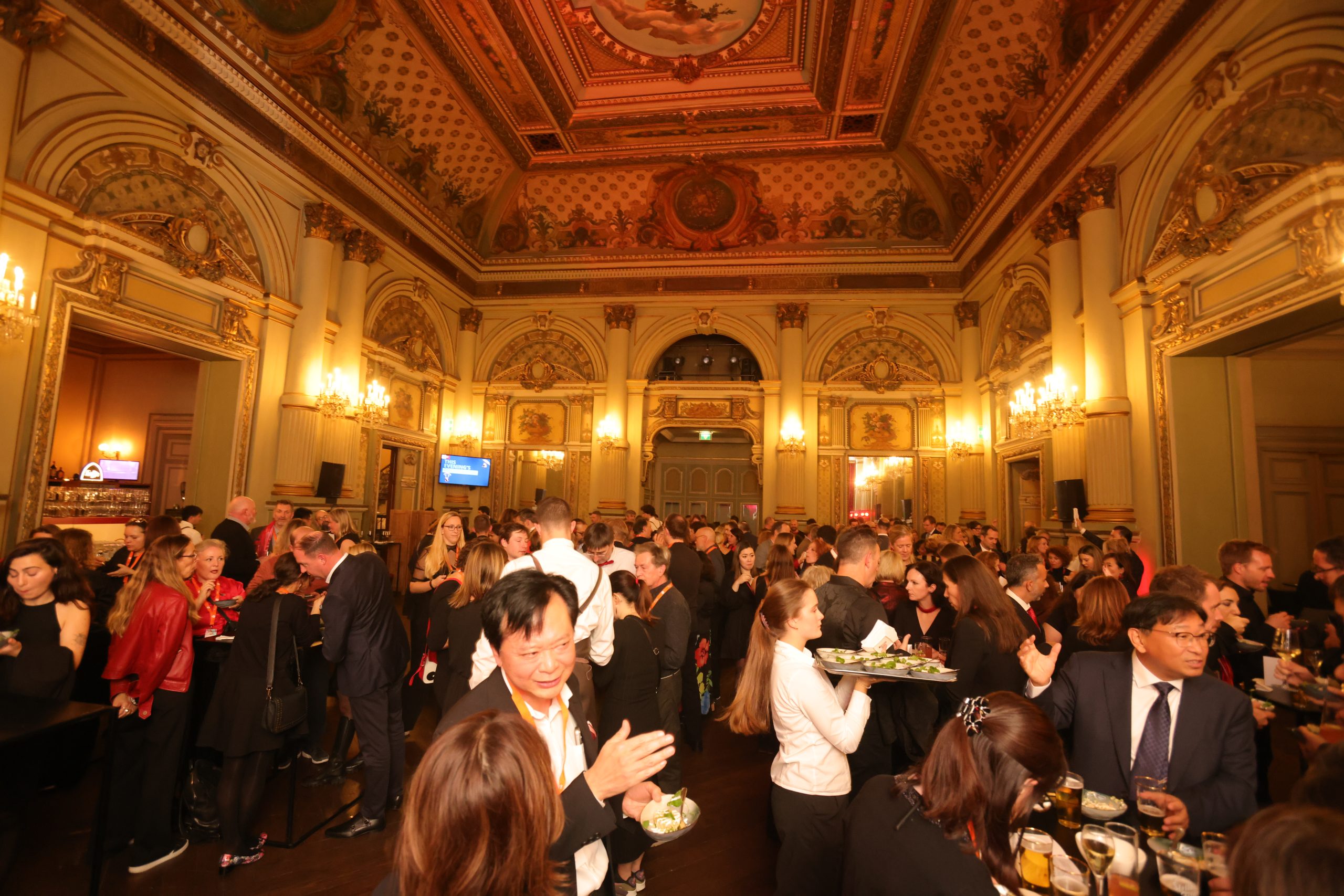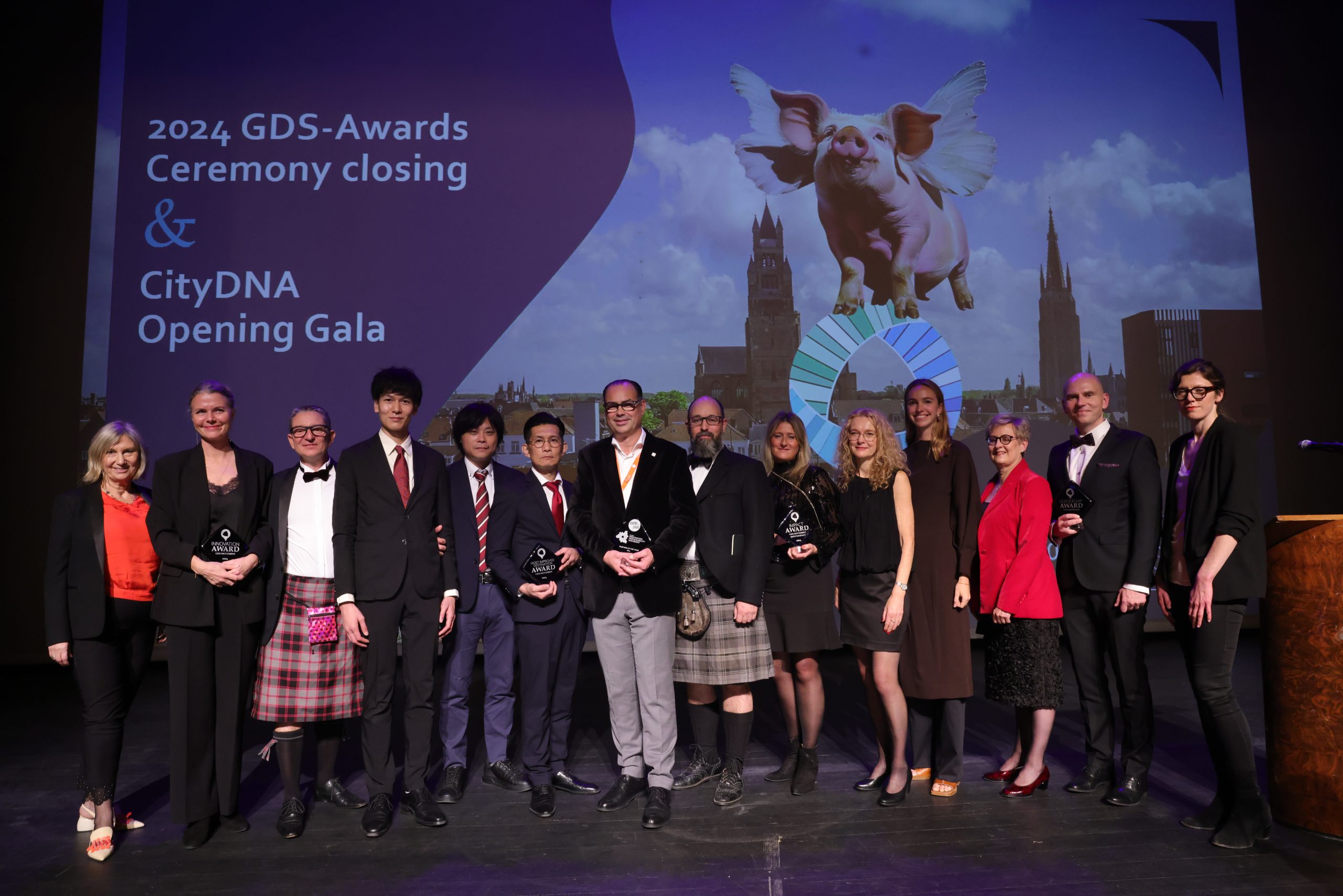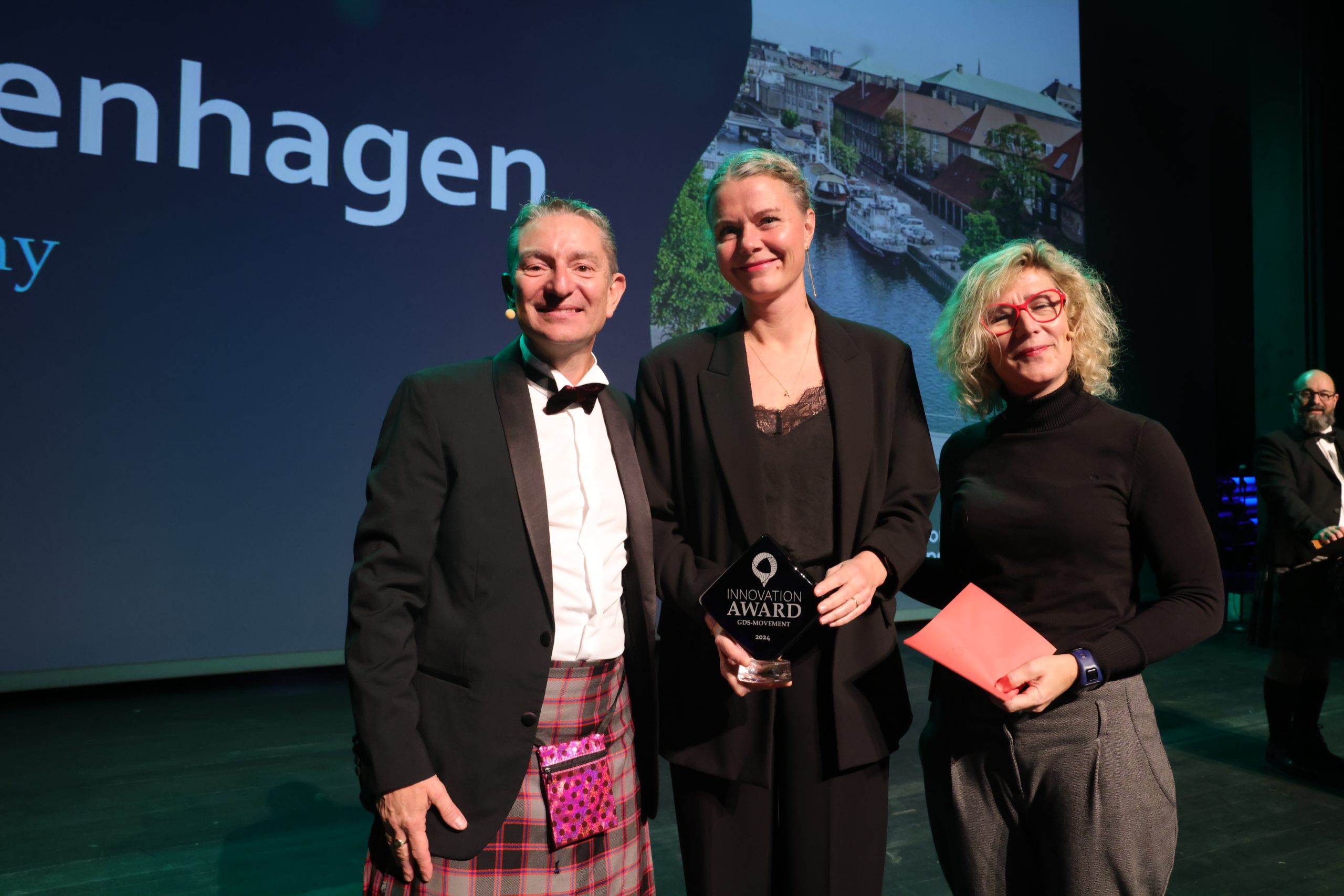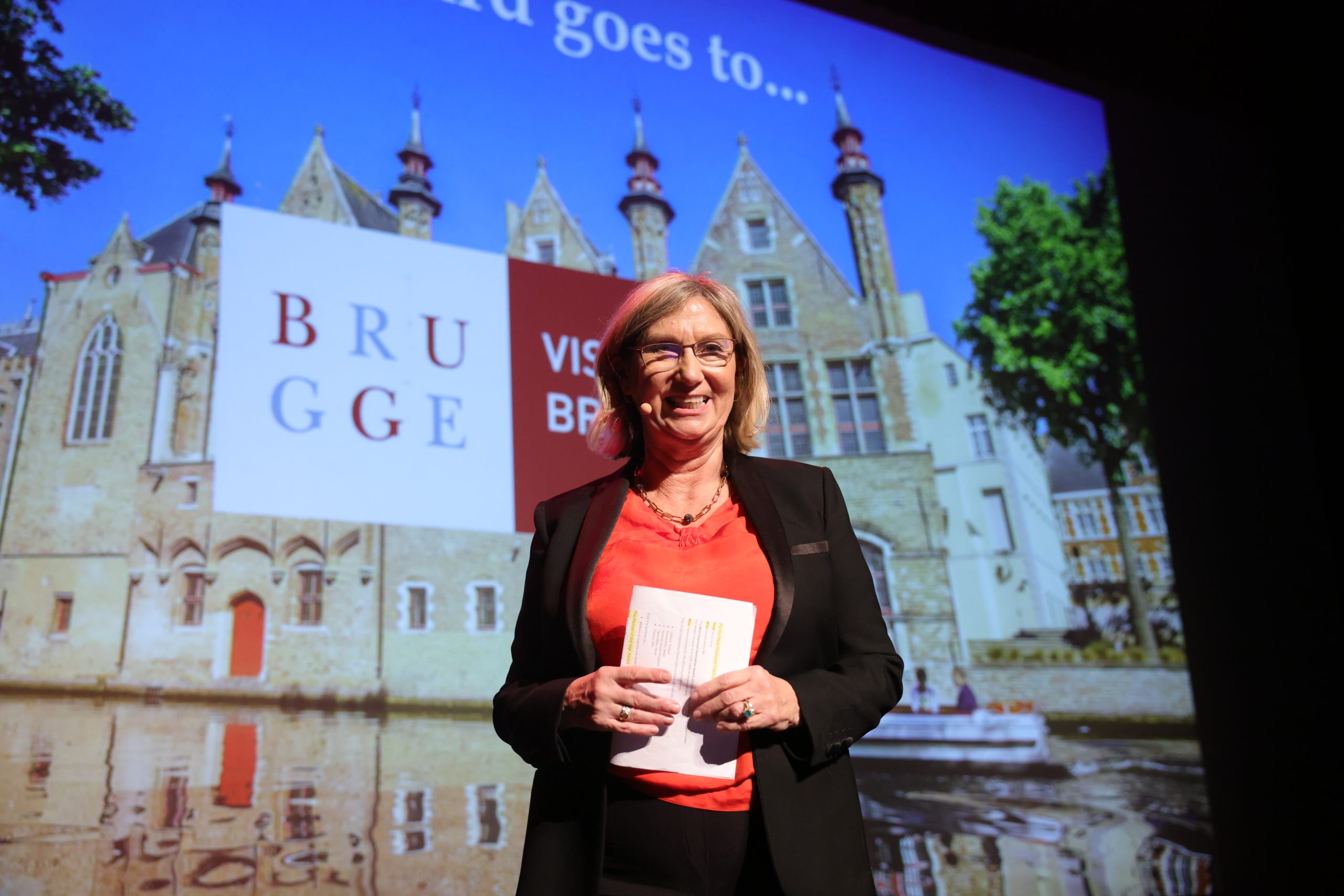In mid-October, the historic city of Bruges hosted the second edition of the GDS-Forum & CityDNA Autumn Conference, organised by the Global Destination Sustainability Movement (GDS-Movement) and CityDNA (City Destinations Alliance) in collaboration with Visit Bruges.
Held under the theme, “Let Pigs Fly,” the event took on the playful yet ambitious challenge to push the known boundaries of sustainable urban tourism. Through an “un-conference” format that involved no keynote speakers, participants were encouraged to challenge norms, co-create new ideas, and collectively envision a more regenerative way forward for destinations across the earth.
Day One: Connecting with Nature and Setting the Tone for Regeneration
On 14 October, the event launched, fittingly, at Zwin Nature Reserve, where GDS-Movement’s CEO, Guy Bigwood, opened with an inspiring call to action: “Connect with nature and connect with each other.” This unique location symbolises GDS- Forum’s regenerative and optimistic spirit, facilitating a meaningful connection between participants and the surrounding natural environment.
Workshops and case study presentations anchored the day’s discussions, using “Pigs Tanks” Building Blocks frameworks for collaboration. These themed blocks, including topics like Climate Action, Social Impact, Digital and AI Innovation, and Visitor Management, offered structured yet free-flowing discussions around everyday sustainable tourism challenges and finding novel solutions to them.
Highlights from Global Best Practices: From Waste Management to Social Inclusion
The day’s conversations were enriched by innovative examples from around the globe.
Belfast’s “Change the Menu. For Good” initiative creatively addressed food waste by redirecting surplus event food to community support, resulting in over 58 000 meals donated to local food banks. Luisa Mentz from Visit Berlin shared her journey in developing a comprehensive certification process for Berlin that is open source and can be copied by any destination. It’s not just a checklist, but a robust tool addressing economic, governance, and social aspects. Co-created with external stakeholders and agencies, it’s GSTC-recognised, free of charge, and now engages 250 suppliers.
Karen Soyka, VP, Strategy & Business Development of Destination Vancouver, highlighted the power of social procurement and the ripple effect of collaborating with social enterprises. In collaboration with Buy Social Canada, they produced the “Destination Vancouver Tourism, Hospitality and Events Social Procurement Survey and Report.” With over 60% of industry partners in Vancouver involved in some form of social procurement, the city is setting a new standard for others.
Sydney, meanwhile, led a multi-partner campaign amplifying sustainability messages, uniting residents, tourists, and businesses in a shared environmental commitment.
The day wrapped up with 14 working groups, each focused on tackling key challenges and creating actionable plans for a sustainable visitor economy.
For dinner, the Zwin Nature Reserve Visitor Centre catering team prepared a delicious selection of vegetarian dishes, all made from local, homemade produce.
Day Two: Transforming Ideas into Action
The forum’s second day, hosted at the Crowne Plaza Bruges, centred on fine-tuning these collaborative ideas into actionable strategies. Here, discussions gravitated toward overcoming barriers to transformation, developing essential skills, and fostering “supersonic” innovations that could accelerate sustainable impact. Through open dialogue, participants identified tools and insights to address pressing challenges like overtourism, sustainable procurement, and equitable visitor management.
As Guy Bigwood summarised, “We aimed to bring together leaders to foster meaningful discussions, share insights, and spark innovation.” By the forum’s conclusion, 14 radical solutions had emerged from ‘Fewer certifications. Better certifications’ to the idea of creating a ‘mobility carbon impact per visitor within the destination tool’. These ideas set the stage for the GDS-Movement’s action plan in the coming year, demonstrating how creativity, collective effort, and regenerative thinking can make the “impossible” possible.
Key Takeaways and Next Steps: A Mindset Shift for the Future
Reflecting on the forum’s many discussions, key themes emerged on the future of tourism strategy. Many participants highlighted the importance of focusing on community benefit alongside visitor satisfaction. Paul Kelly, CEO of Failte Ireland shared a forward-thinking insight: “DMOs traditionally serve the tourism industry, but can we flip this model to serve residents?”
This mindset shift resonated with Barbara Jamison-Woods, President of CityDNA, who underscored the importance of collaboration: “With GDS-Movement and CityDNA working together, we have the tools to do something truly impactful. Sustainability efforts must be cohesive and interconnected across events and destinations.”
GDS-Awards 2024: Recognising Destinations
The forum culminated with the GDS-Awards ceremony at the Bruges National Theatre. The awards celebrated destinations that exemplify leadership, innovation, improvement, and impactful practices:
- Leadership Award: Helsinki, Finland, for their exemplary integration of sustainability throughout their tourism strategy.
- Most Improved Destination Award: Kumamoto, Japan, for remarkable strides in sustainability efforts year-on-year.
- Innovation Award: Copenhagen with their initiative ‘CopenPay’, for their pioneering approach to sustainable tourism practices.
- Impact Award (in collaboration with #MEET4IMPACT): ‘Copenhagen Legacy Lab’, awarded for achieving substantial socio-economic and environmental impact.
The Path Forward: Building on Inspiration and Collaboration
The GDS-Forum 2024 exemplified how bold, collaborative thinking can make the “impossible” possible. By drawing inspiration from nature, sharing insights, and committing to actionable change, the forum set an exciting course for sustainable tourism.
As Guy Bigwood concluded: “The connections forged, and insights gained here will not only shape strategies but are essential for driving the transformative change needed for a sustainable future.”
The events in Bruges serve as a milestone and a catalyst, inspiring new ideas and partnerships to take flight.
